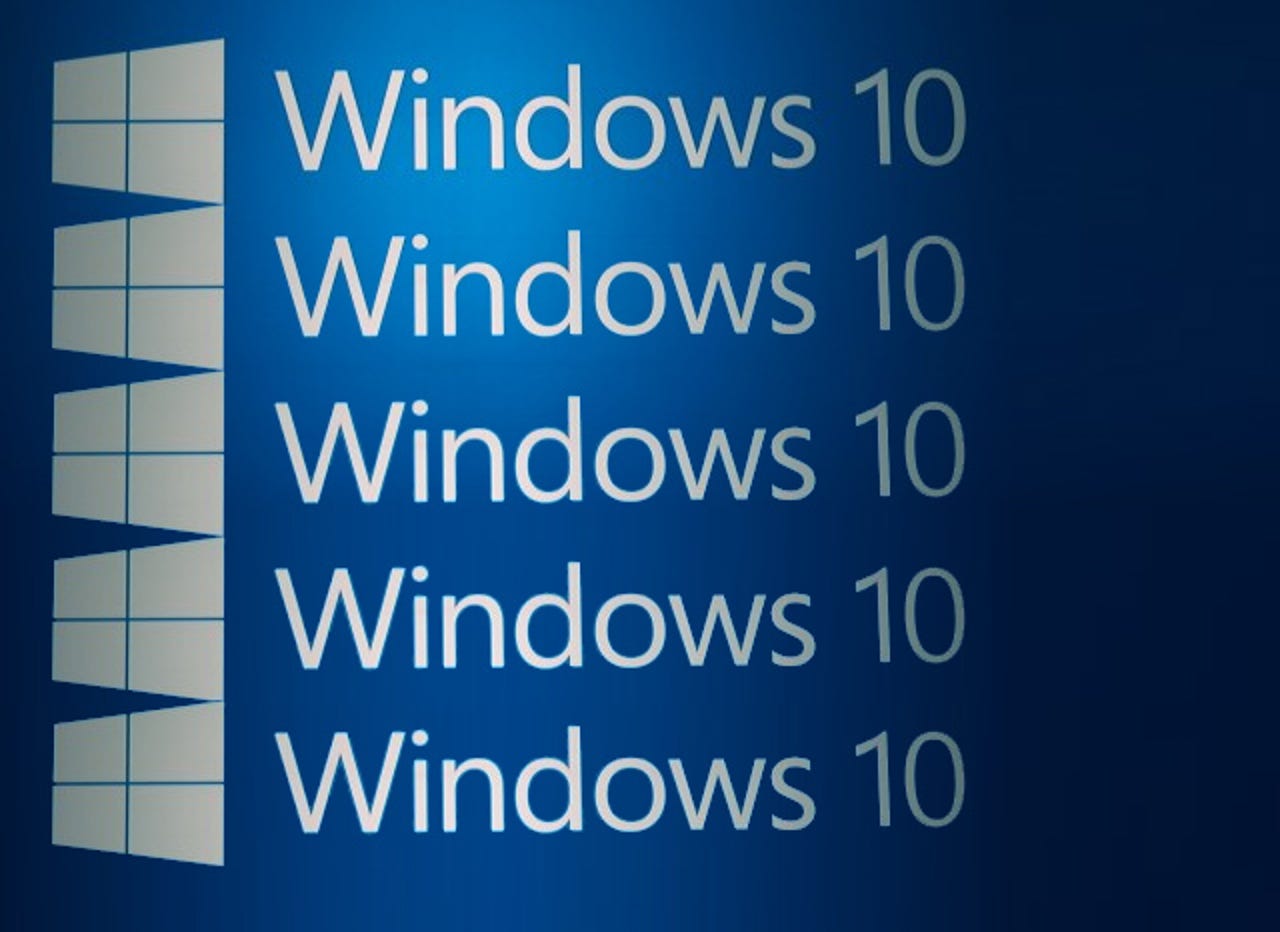Windows 10 telemetry: Time for a level playing field


When, why and how much diagnostic data Windows 10 sends back to Microsoft has been a source of considerable debate for the last couple of weeks.
By default Windows 10 collects some data about how Windows and Windows apps are performing plus some additional details, such as about crashes, which is known as telemetry data.
(Calling all this 'telemetry data' makes it sound much more grand than it is, like the sort of information that would be sent back by a probe en route to a distant star, rather than the more humdrum details of why your PC crashed halfway through you writing a Facebook post.)
But what has some people worried is that while the amount of data your Windows PC will send to Microsoft can be reduced to a very basic level, for home users it can't be stopped completely.
There are lots of reasons why sending this sort of data to Microsoft is a good idea -- it can help its engineers spot and fix common bugs faster than they could if they were waiting to users to complain, for example.
And while the default telemetry setting for Windows 10 Home and Pro users is 'full', when dialled down to the 'basic' telemetry settings Microsoft is getting, as ZDNet's Ed Bott points out, very basic data about crashes, hangs and security settings that can't be tracked back to a person or PC: hardly a massive invasion of privacy.
Now don't forget: for most home users Windows 10 is going to be a free download, so maybe they should be willing to put up with providing a limited amount of diagnostic and usage data (which is only going to make the software better anyway) without kicking up too much of a fuss.
ZDNet's Jack Schofield also make an excellent broader point about why you should leave the telemetry on, especially if you know anything about technology. As he argues, every time the 'smart' people turn off telemetry -- and the 'dumb' people leave it on -- this skews the data that gets sent back to the developers of any software.
tech pro research
The experiences and choices of the smartest users thus never get registered, their votes never counted, and as Jack points out: "In the long term, dumber software is the almost inevitable result."
However, complicating matters somewhat, last week as part of the first major update to Windows 10, Microsoft gave enterprise users the option to switch off telemetry completely (although it doesn't recommend it), citing feedback from business and government customers as the reason.
This is certain to be welcomed by business users, but raises the question of why this option wasn't extended to Home and Pro users too. Surely they have the same worries about privacy that corporate users do?
There's such a vast Windows 10 install base already that losing that few percent of users who really don't want to share their telemetry data seems a small price to pay here, especially as privacy is such a hot topic for many. It's hard to see why these two groups of users, using what is effectively the same software, should be treated in different ways. A level playing field would make more sense.
ZDNet's Monday Morning Opener is our opening salvo for the week in tech. As a global site, this editorial publishes on Monday at 8am AEST in Sydney, Australia, which is 6pm Eastern Time on Sunday in the US. It is written by a member of ZDNet's global editorial board, which is comprised of our lead editors across Asia, Australia, Europe, and the US.
Previously on the Monday Morning Opener:
- Tech's dirtiest little secret: Sometimes we agree to go backward
- Artificial intelligence: Should we be as terrified as Elon Musk and Bill Gates?
- Encryption and surveillance: The unstoppable force and the immovable object of the internet age
- Could the FTC prevent Google taking much-needed control of Android?
- The death of this revolution has been greatly exaggerated
- Apple's iPhone: Looking at its past and present to predict its future
- Intel's next frontier: Powering robots
- When robots eliminate jobs, humans will find better things to do
- Microsoft and mobile: Searching for a way forward
- Who will have the courage to build the future again?